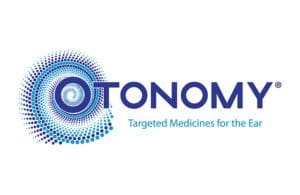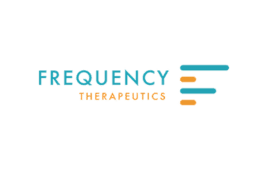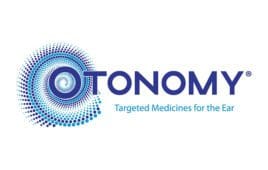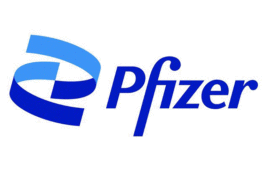 Neurotology drug developer Otonomy (NSDQ:OTIC) has announced that its OTO-313 drug appeared to reduce tinnitus severity in some participants in a small study.
Neurotology drug developer Otonomy (NSDQ:OTIC) has announced that its OTO-313 drug appeared to reduce tinnitus severity in some participants in a small study.
In the study, summarized in Otology & Neurotology, patients with moderate to severe unilateral tinnitus received intratympanic administration of the drug or placebo.
Six OTO-313 recipients out of 14 (43%) showed a meaningful improvement in Tinnitus Functional Index score at weeks four and eight of the study. Conversely, 13% of placebo recipients showed the same level of improvement.
Patients who responded to the drug reported reductions in tinnitus loudness and distress.
The study also found that OTO-313 was well-tolerated, with adverse events greater in placebo recipients.
OTO-313 is a formulation of the selective N-methyl-D-aspartate (NMDA) receptor antagonist gacyclidine.
“Publication of these positive clinical results is an important milestone for the millions of people suffering from tinnitus, which can negatively impact sleep and relaxation, disrupt life at work and home, and create feelings of distress and anxiety,” said David Baguley, coauthor of the study.
The company reports that the study represents the first reduction in tinnitus severity associated with a drug published in a peer-reviewed journal.
In 2020, the Irish device maker Neuromod published positive results related to its Lenire tinnitus device in Science Translational Medicine. That device has yet to win FDA approval, but the company recently installed a CEO for its U.S. division in anticipation of a regulatory nod.
Otonomy anticipates results from an ongoing Phase 2 trial in mid-2022.
Earlier this year, the company announced that it was expanding a separate Phase 1/2 trial involving the drug OTO-413 in patients with difficulty with speech-in-noise tests.
Filed Under: ENT drugs





Tell Us What You Think!
You must be logged in to post a comment.